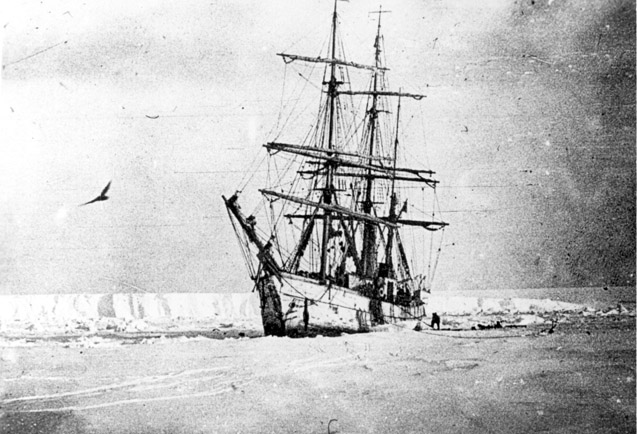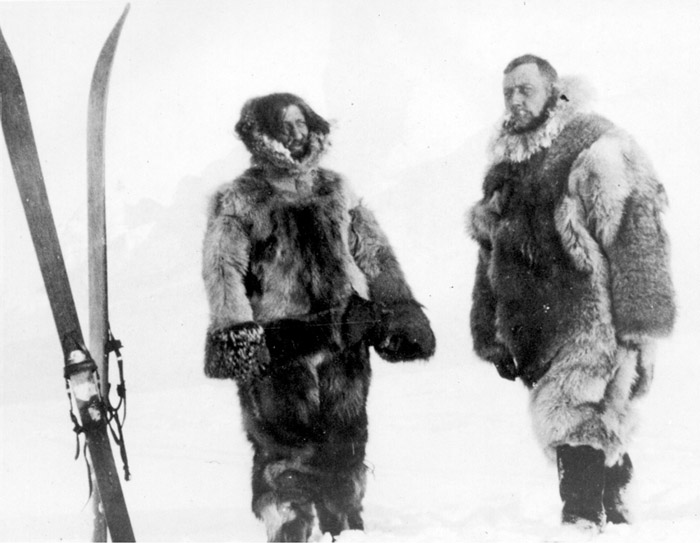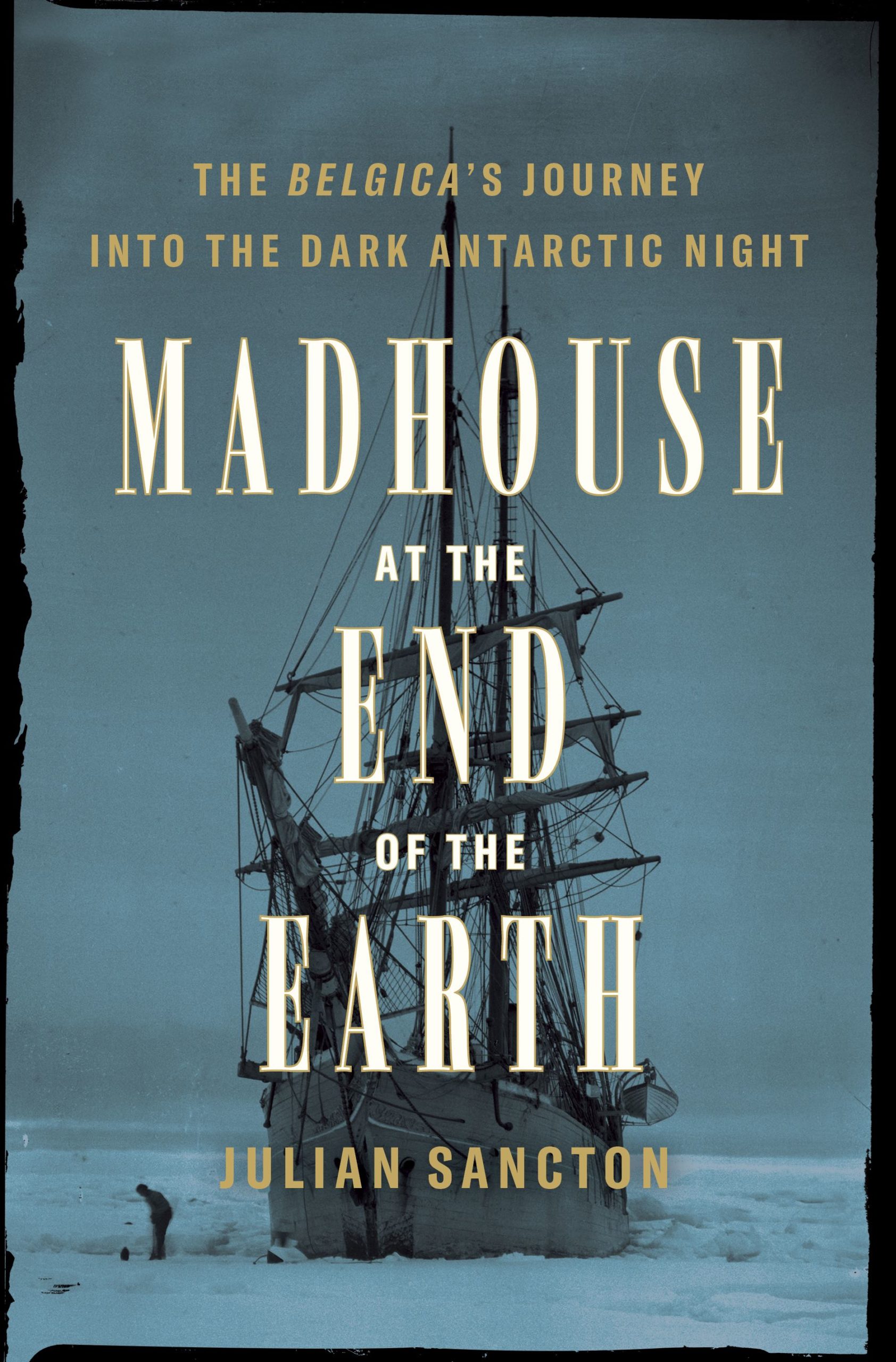I despise being cold myself but I cannot resist a tale of polar exploration. There is something amazing about choosing to go to the ends of the earth just to see what’s there. As our world becomes smaller, there are fewer places like that anymore — even Mount Everest is crawling Instagram tourists. But at the close of the 19th century, exploration was still a life-threatening endeavor, with the prospect of heroic immortality and the praise of a nation.
In 1897, Belgian explorer Adrian de Gerlache set out to map the the vast expanse of the mysterious continent of Antarctica. Though the world knew of the icy land mass, most of it remained uncharted. Additionally, no one had yet made it to the South Pole, magnetic or geographic. Gerlache aimed to be the first, and to claim the distinction for Belgium. Their mission becomes one of merely surviving the long unforgiving months of Antarctic night.
Despite his efforts to find a crew entirely from Belgium, it proved impossible to fill all the specialized roles with his countrymen. It became necessary to find experts from America, Norway, and Poland. The varied backgrounds and languages, made for increased tension in an already stressful situation.

As the author recounts Gerlache’s choices preparing for the expedition, the mistakes — and Gerlache’s stubbornness — are clear. But of course, the researcher and the reader both have the benefit of hindsight. Still, as the ship and her crew face mounting challenges, it is clear their survival will depend on the knowledge and instinct of others.
The Belgica had not planned on overwintering in the Antarctic Circle, and they weren’t particularly prepared to do so. The plan was to return to the tip of South America before the ice pack trapped them. Their food stores were plentiful but lacking variety. Importantly, they didn’t have ways to keep busy, entertained, or sane. Furthermore, they were understaffed after leaving four belligerent crew in Rio de Janeiro and losing one sailor overboard.
Of the remaining motley crew, Dr. Fredrick Cook, the ship’s surgeon, proved to be one of the most crucial. After the ship became stuck in the ice, and it became clear they wouldn’t be able to leave until the sun returned, Cook turned to solving the myriad health problems they experienced. The effects of scurvy were well known, though the exact causes (or even the treatment) wasn’t understood. They knew citrus juice helped, but they didn’t know why. Vitamins C or D wouldn’t be isolated for years yet. However Cook figured out to insist that the crew ate fresh food, whenever possible. Penguin, seal, and fish provided important nutrients that were especially vital when the sun was gone for months.

He was one of the first to carefully detail the symptoms, treatments, and mental impacts of intense isolation with no sunlight, and his diary is referred to today. His reports have been studied by NASA as they try to prepare manned missions to Mars.
In the second half of the nineteenth century, rates of scurvy began creeping back up. But since the advent of steam-powered shipping, which cut the duration of ocean voyages, fewer sailors were spending enough time at the sea to show symptoms, blinding the Royal Navy — and all the fleets that emulated its practice — to the ineffectiveness of lime juice concentrate as an antiscorbutic. The hard-won cure was again in danger of being forgotten. ~ Loc. 3052
The other crew member who proved themselves was Roald Amundsen. Now a household name in polar exploration, this was Amundsen’s first expedition. With the Belgica, Amundsen was fearless. He constantly pushed himself with short exploratory challenges, and he learned a number of lessons about extreme boredom, scurvy, morale, and navigation (He would go on to reach the South Pole and attempt to fly over the North Pole).
The book is a fascinating adventure, focusing on the mental consequences of voyages such as these. As the Golden Age of Exploration slowly came to a close, the voyage of the Belgica showed there was still much to be learned about the Antarctic, about endurance, and about human psychology.
My rating: [xyz-ihs snippet=”4-Stars”]
My thanks to Brianna and Crown Publishing for the review copy.
Publisher: Crown (May 4, 2021)
Language: English
Hardcover: 368 pages
ISBN-10: 1984824333

